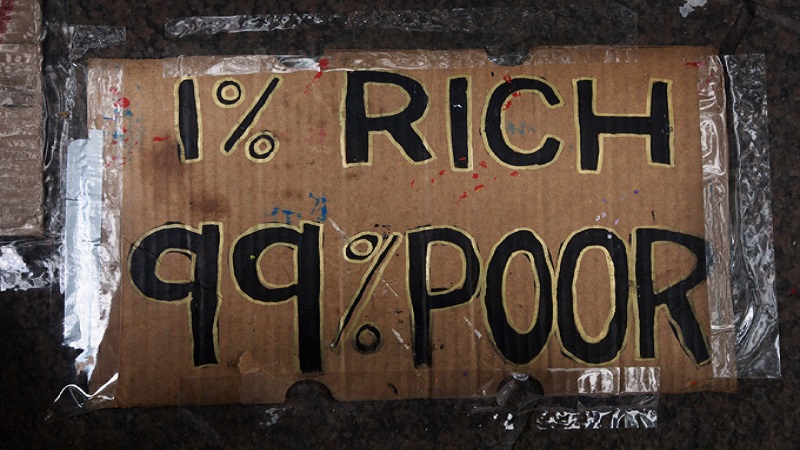In his customary New Year speech Prime Minister Joseph Muscat said that we are living in a society that is experiencing continuous change and claimed “the wealth generated is reaching those that need it most.”
Certainly, the country is experiencing unprecedented economic growth but despite Muscat’s claims, we cannot ignore growing social inequalities which are exacerbated by the country’s economic model based on attracting foreign investment in gaming and financial services and high-net worth individuals to Malta’s shores.
Muscat’s Labour government is increasingly dependent on the privatisation of public services and the commodification of public land and citizenship. And very few oppose this model of development. Whatever the two major parties say, over the past 30 years Malta has gained an undesirable reputation as an offshore haven for hot money within Europe.
This has already put Malta under intense international scrutiny, with both major political parties fighting tooth and nail to ‘protect’ Malta’s economic model and shrug off the tax haven label. Let’s not kid ourselves: Malta itself is at the very centre of the global tax evasion industry.
The real problem is that it is perfectly legal for the elite to park their money offshore and avoid paying tax, depriving States of money which could be used to improve health care, schools, infrastructure and the welfare system. Simply put, tax avoidance proliferates inequality.
The industrial scale of international tax avoidance revealed by the Panama Papers, the Malta Files and most recently the Paradise Papers is the greatest enemy in the struggle to end poverty.
The housing situation is a glowing example of how Malta’s economic model is fuelling social inequalities and poverty. A growing number of low-income earners, pensioners and third country nationals are finding it increasingly hard to afford decent housing.
The average rental prices in Malta have risen by roughly 47 per cent between 2013 and 2016 while the price of properties for sale rose by an average of 24 per cent between 2013 and 2016, with the average apartment costing around €228,000.
A recent KPMG report commissioned by the Malta Developers Association concluded that the increase in the price of housing is largely due to the ever-increasing number of foreigners residing in Malta.
One major distortion in Maltese property market is also being created by the cash-for-passports scheme which obliges the global rich to buy or rent property in Malta.
One of the inevitable consequences of more foreigners moving to Malta – be it to work in the gaming and financial services industries or to buy property to gain citizenship – is the gentrification of areas such as Cottonera, Valletta and St Julian’s.
As a consequence low-income earners and third country nationals are seeking cheap rentals in areas such as St Paul’s Bay, Marsa and Hamrun.
Attempts to mitigate such dangers are evidently insufficient. The Housing Authority plans to build over 680 apartments in 16 localities over the next three years, but this is not enough to cater for the 3,200 applicants on its waiting list for social housing. The majority of applicants come from St Paul’s Bay, Valletta, Hamrun and Cottonera.
The housing crisis, coupled with growing poverty are among the biggest challenges Malta will face in 2018 and beyond. But most of our politicians still believe in the trickle-down fairy tale.
A 2012 study by the Tax Justice Network shows that wealth doesn’t trickle down but it just floods offshore, with up to €28 trillion siphoned off to tax havens.
The economic boom might have left many with more money in their pockets but few ask whether this is sustainable and fair. The question which our politicians need to answer is whether Malta should remain an actor in the international orgy of tax evasion, money laundering and kleptocracy, or whether they want to design an economy that works for all people rather than the few, based on social justice and the highest labour and environmental standards.
The political class and the few who control wealth, in Malta and abroad, seem detached from the real aspirations of people who struggle to make ends meet. Last year’s so-called increase in the minimum wage was nothing but a cosmetic change which was designed to appease employers rather than low-income earners.
Politicians simply have no interest in designing a global economy which benefits the 99% who only want the elite to pay their fair share of taxes as most citizens do.












